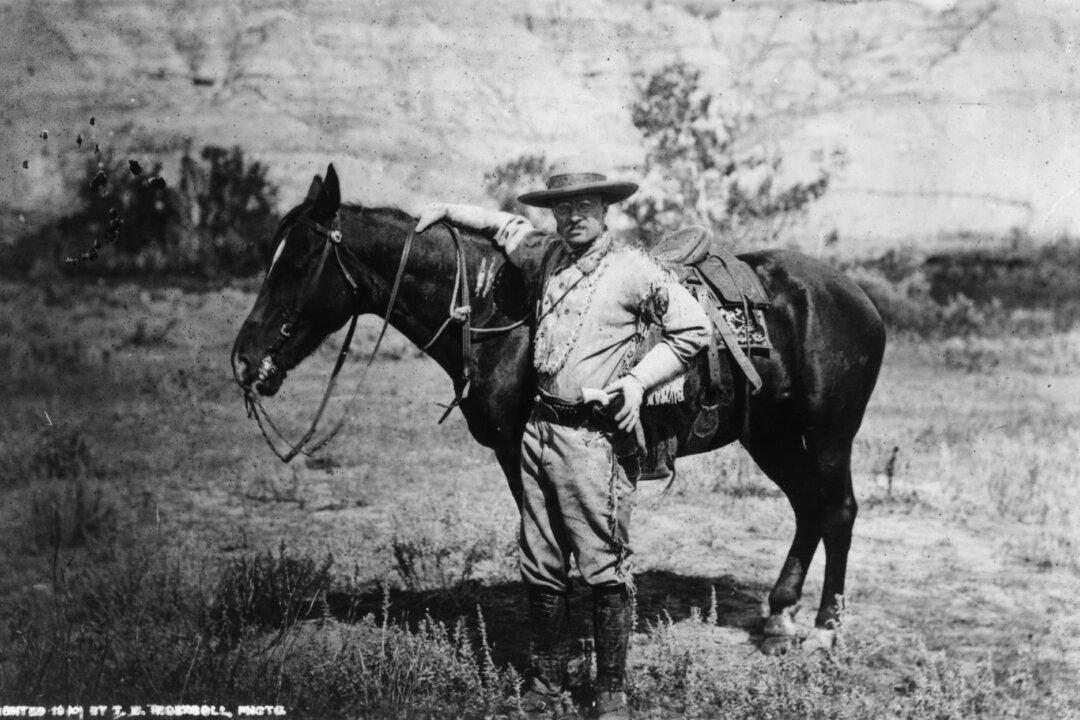Aristotle, the ancient Greek scientist and philosopher, held that “Nature abhors a vacuum.” Or, in the original, much-more-fun Latin, “horror vacui,” which has nothing to do with vacuuming—even though there are probably plenty of busy people who abhor the thought of vacuuming! (Shall we put the Latin on our walls? “‘Horror vacui.’–Aristotle.”)
When Aristotle established the concept around 300 B.C., it expressed his understanding of nature’s aversion to empty spaces. The idea is, simply put, that nature tends to fill gaps or voids, and emptiness is contrary to the natural order. It’s a concept also known as “plenism,” from the Latin “plēnum,” and related to the English “plenty.”





